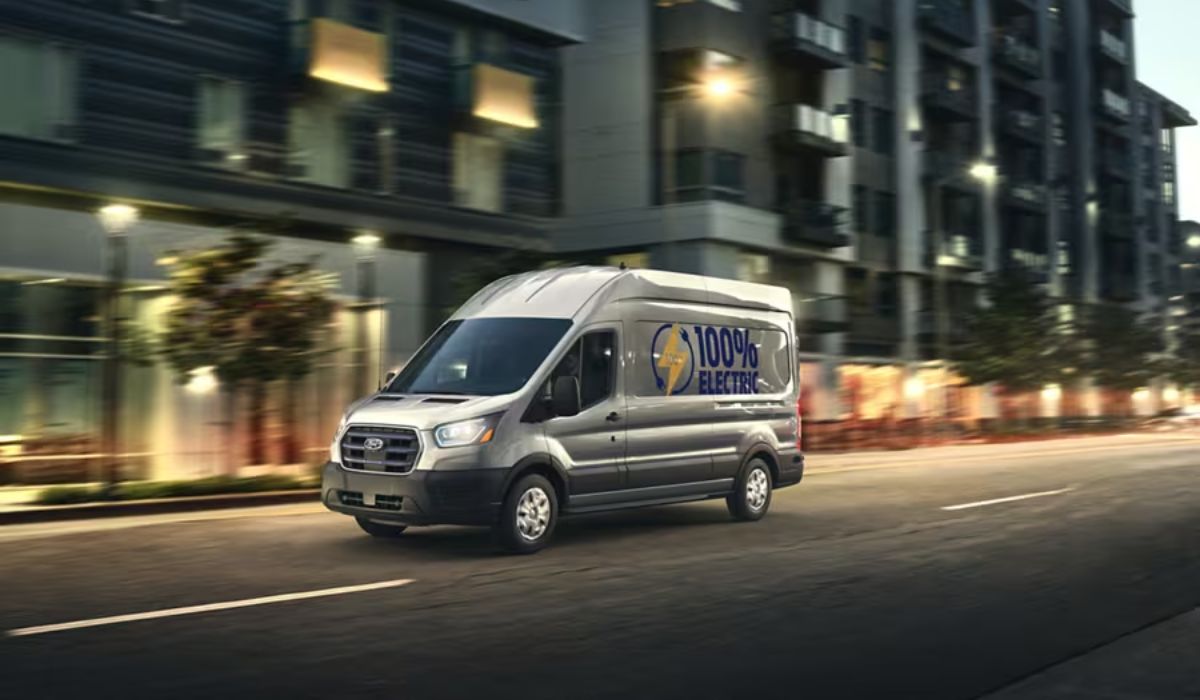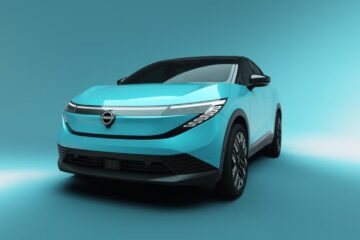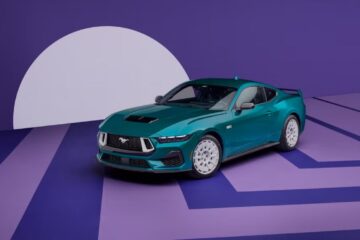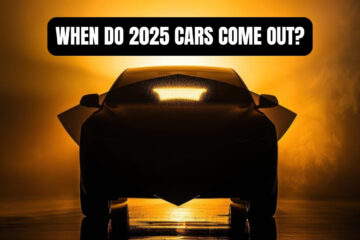Highlights:
- Ford pushes back production of next-gen Project T3 electric pickup and E-Transit van to 2028.
- Shift reflects focus on delivering affordable, mass-market electric vehicles first.
- Prototype production of Project T3 to begin in 2027 at the new BlueOval City plant in Tennessee.
- Rumored compact electric Ford Ranchero pickup expected around 2027 as part of the affordable EV push
- Ford invests $2 billion in the Louisville plant for a mid-size EV expected around 2027.
- Delay driven by rising competition from Chinese EV makers and changing customer demand.
- Ford aims to balance cutting-edge technology with lower costs through new battery and manufacturing methods.
- Current F-150 Lightning and E-Transit models will stay in production to meet ongoing demand.
Ford spokesperson Emma Bergg said that “we are excited to achieve zero-emission compliance” and that the automaker will use its electric F-150 Lightning successor, code-named Project T3, and its upcoming E-Transit electric van to meet new standards. That represents a major change of plan for the company, whose previous production targets started as early as 2025 but then were pushed back to 2027.
Project T3 now includes an E-Transit replacement originally for 2026. This delay is just one part of Ford’s overarching strategy to respond quickly to changing customer preferences by bringing fresh EV technology that fits future customer needs.
Why the Delay?
The global auto market’s growing competition from Chinese EV makers has Ford rethinking its path, with the automaker now shifting focus to smaller, more affordable electric vehicles. To this end, company executives stress the importance of its new cost-efficient electric platform, created for international competition, while maintaining quality and avoiding cost-cutting measures that compromise the vehicle. It is part of Ford’s overarching plan to democratise EV ownership and continue producing the dependable, cutting-edge cars that it has built for generations in response to customer needs.
What’s Next for Ford?

Ford has announced it will start prototype production of Project T3 in 2027 at the BlueOval City facility, which is to be located in Tennessee, and full-scale manufacturing by 2028. It also potentially lines up with the debut of the rumored all-electric Ford Ranchero pickup, which would presumably forgo the Mustang personalization to share the new affordable EV platform.
Existing electric vehicles from the company (like the F-150 Lightning and current E-Transit) will continue in production to satisfy demand. Come August 11, Ford is scheduled to hold an event in Kentucky where we’ll get a first look at what execs are dubbing a new “Model T moment” and a promise to roll out cheap electric cars from the Blue Oval that will change the face of the EV market.
Strategic Pivot: Affordable EVs

The product will be built on a common flexible EV architecture to deliver an efficient, high-volume BEV for Ford global use. These changes include putting LFP battery cells in the vehicle, designing a simpler production process, and reducing complexity in the parts catalog to smooth out manufacturing and make the trucks more affordable. Ford is even more optimistic on the idea, investing $2 billion in the Louisville plant that will eventually spawn a mid-size EV priced at roughly $30,000 to be ready around 2027, which would represent Ford’s “breakthrough” moment in making an affordable mass-market EV of its own.
What It Means for Consumers and the Market
Changing the Ford EV 2025 timeline is a major strategic pivot for Ford, which serves to better solidify its place in an ever-evolving electric vehicle market. It’s pushing back its costlier large EV programs—like the Project T3 electric pickup and the next-generation E-Transit to 2028—to pay more attention to bringing affordable, mass-market models sooner. This revision appears to be in response to increased demand for affordable EVs and increasing pressure to catch up with more traditional automakers, as well as perhaps even a few strong forces from China.
By reworking its development efforts to factor efficiencies, Ford looks set to be able to offer a trio of cars that blend technology with performance and good pricing. Even if Project T3 doesn’t arrive until 2028, and the revised E-Transit lands in 2025, the approach signals a significant dedication from Ford to making EV ownership more mainstream.
The move also ties in with Ford’s investments in new manufacturing techniques, battery technology, and global ‘architecture’ that can be shared across multiple vehicles. Essentially, these delays are not anything terrible, but measured (or cautious) steps that ensure Ford delivers EVs that are truly affordable and tech-rich enough to keep pace with what consumers want as the segment solidifies into Version 2 of mass-market electric mobility.
Read More:




